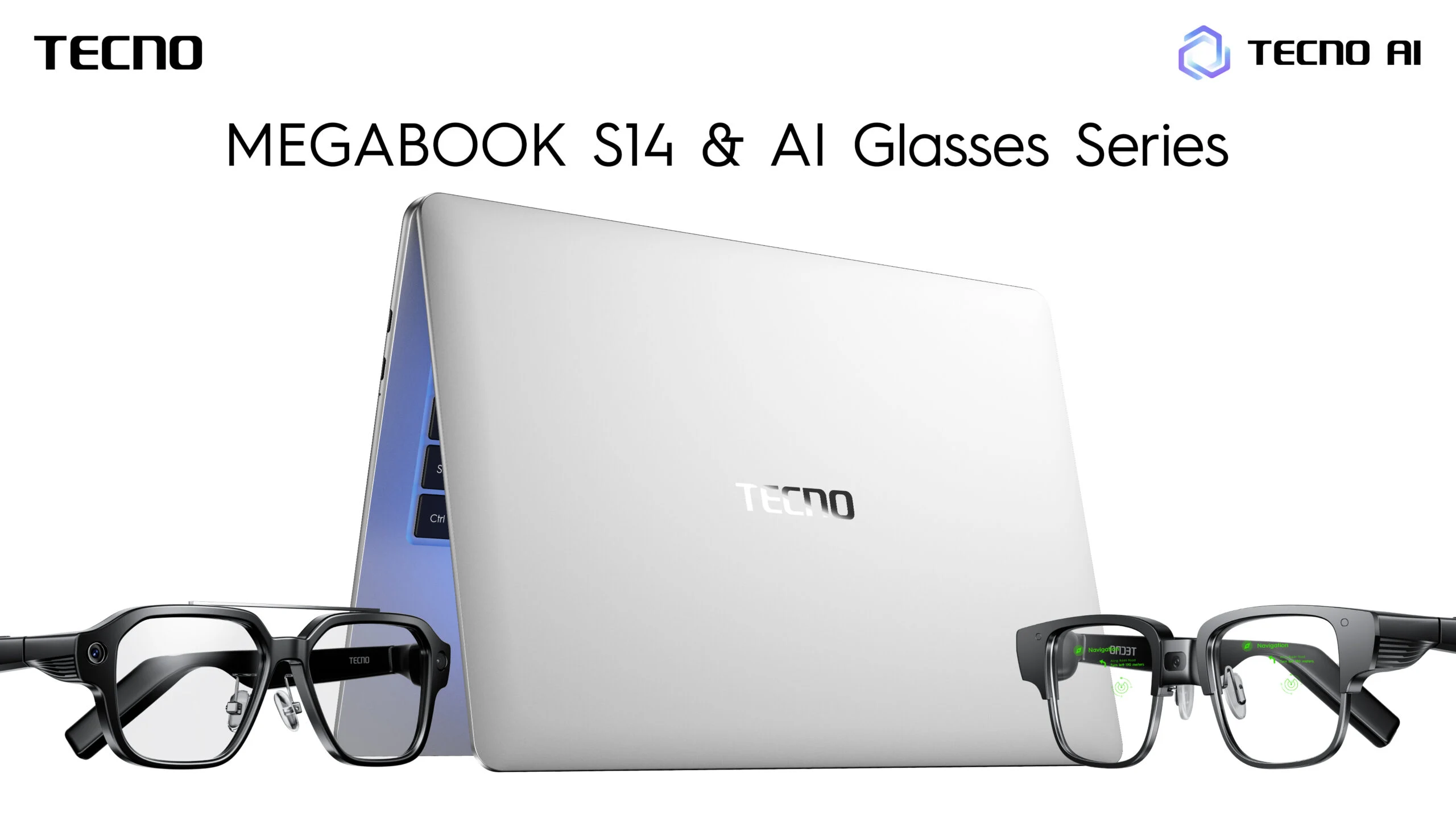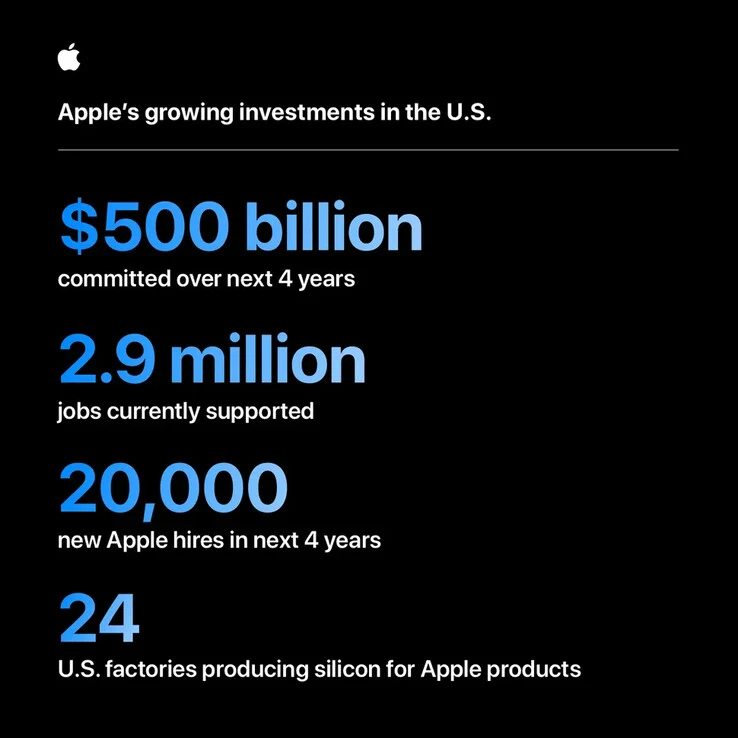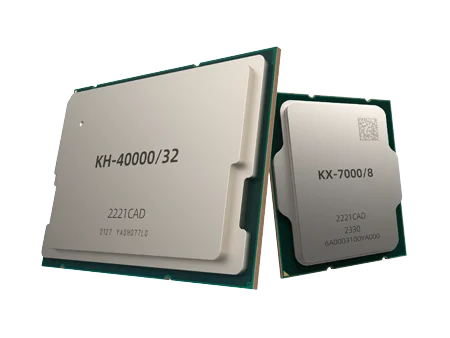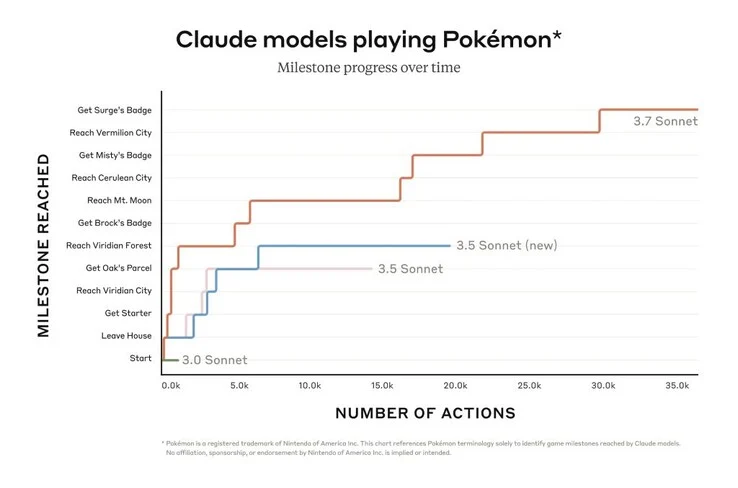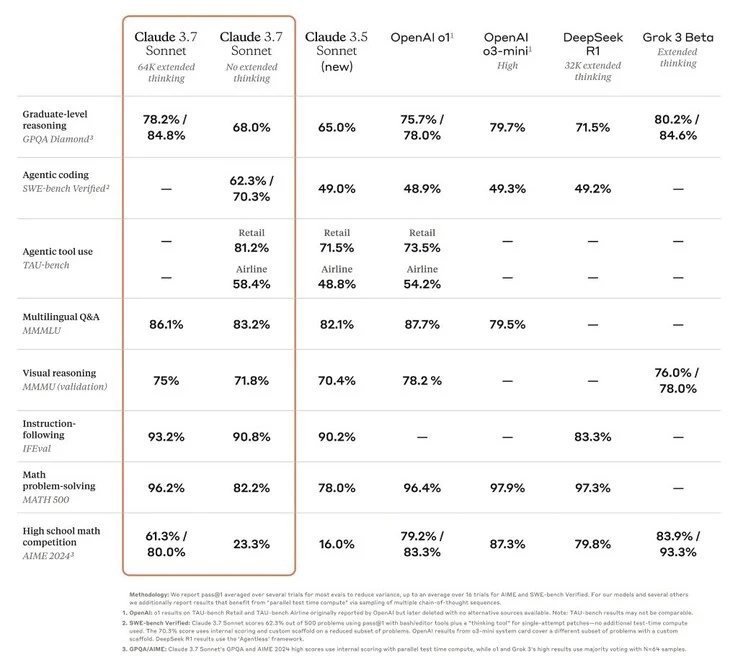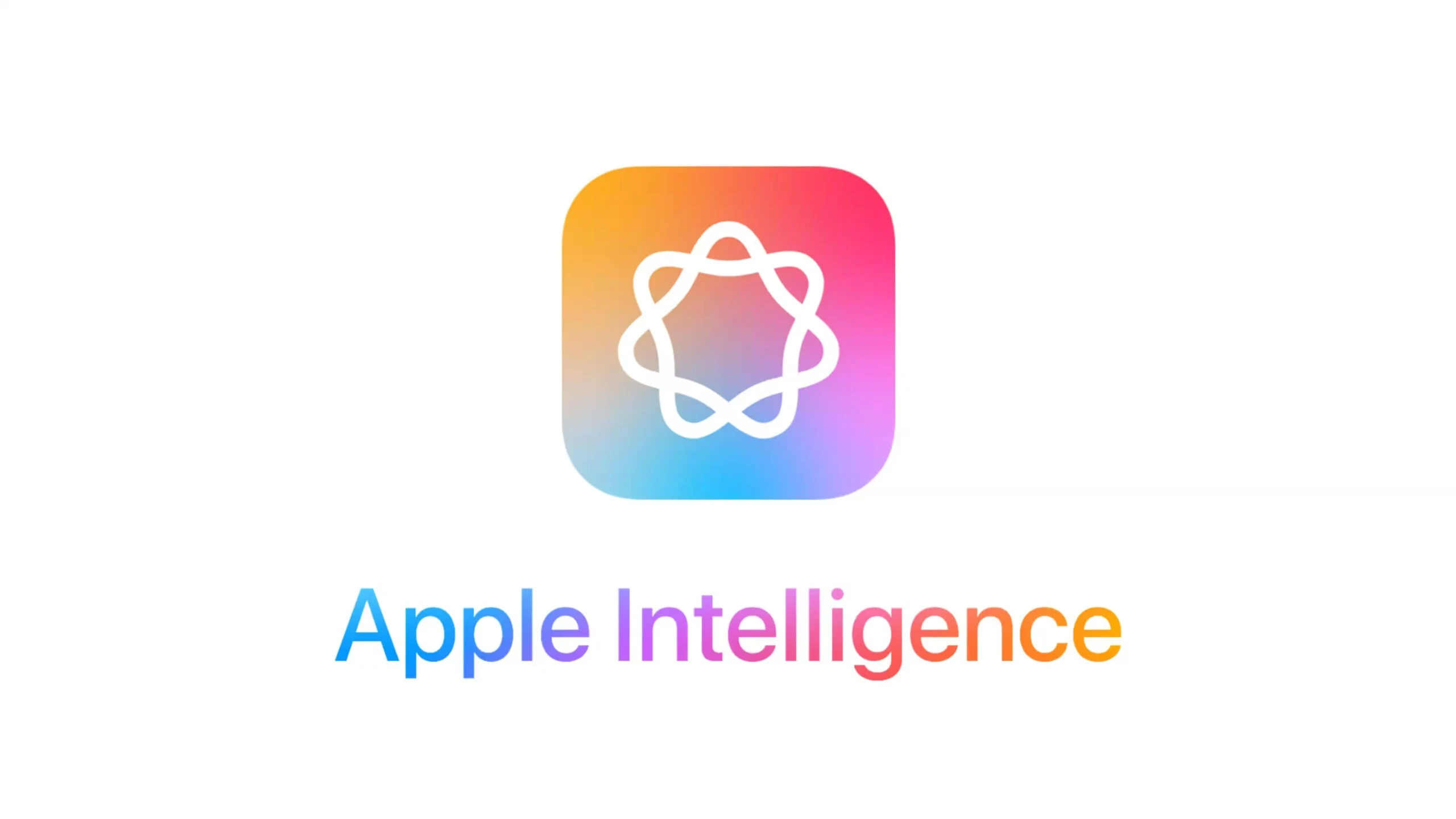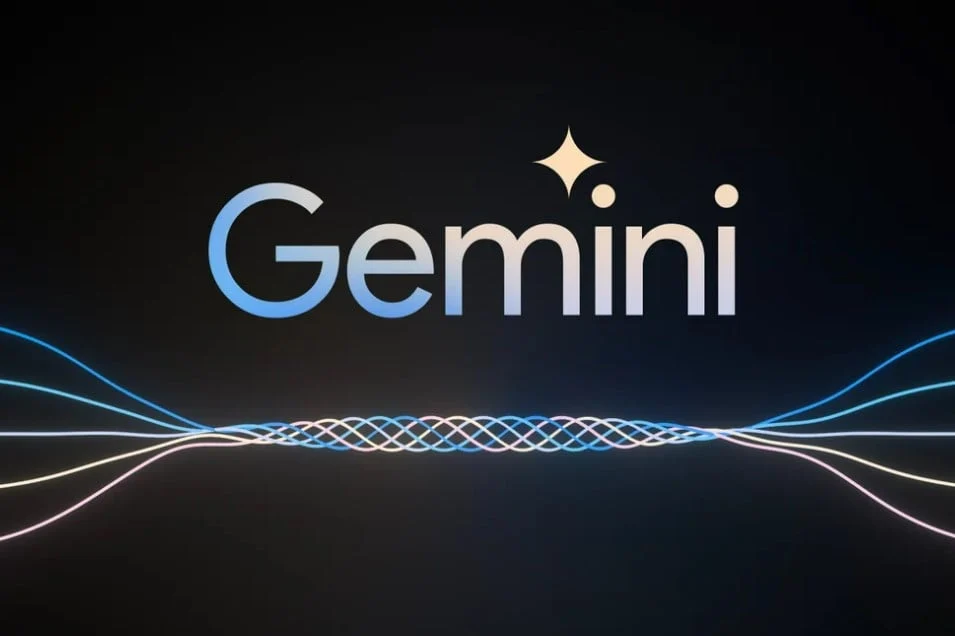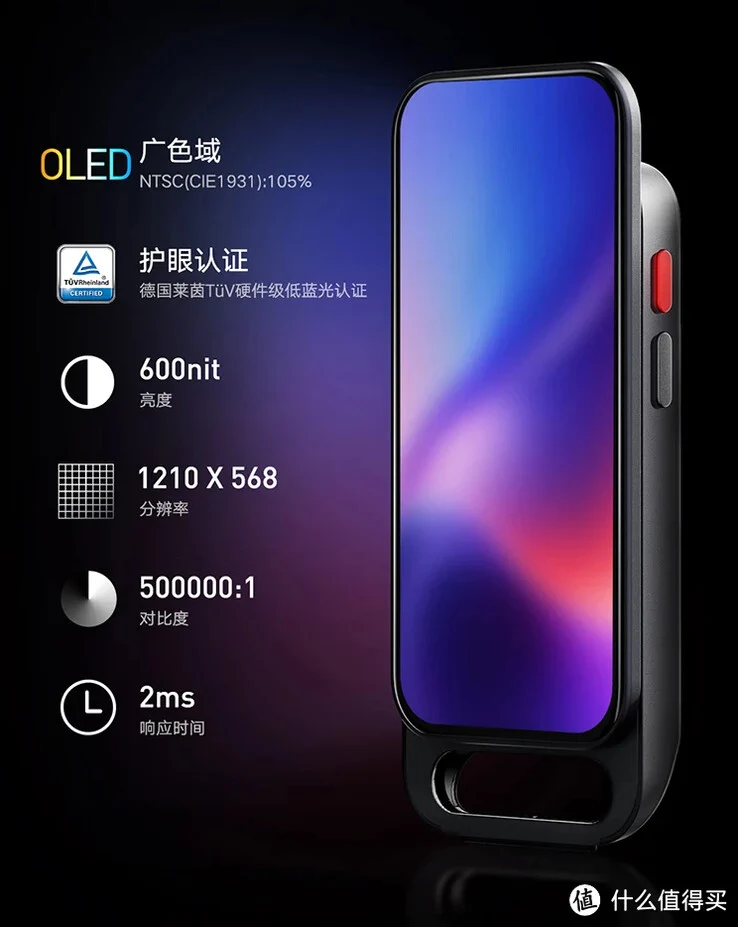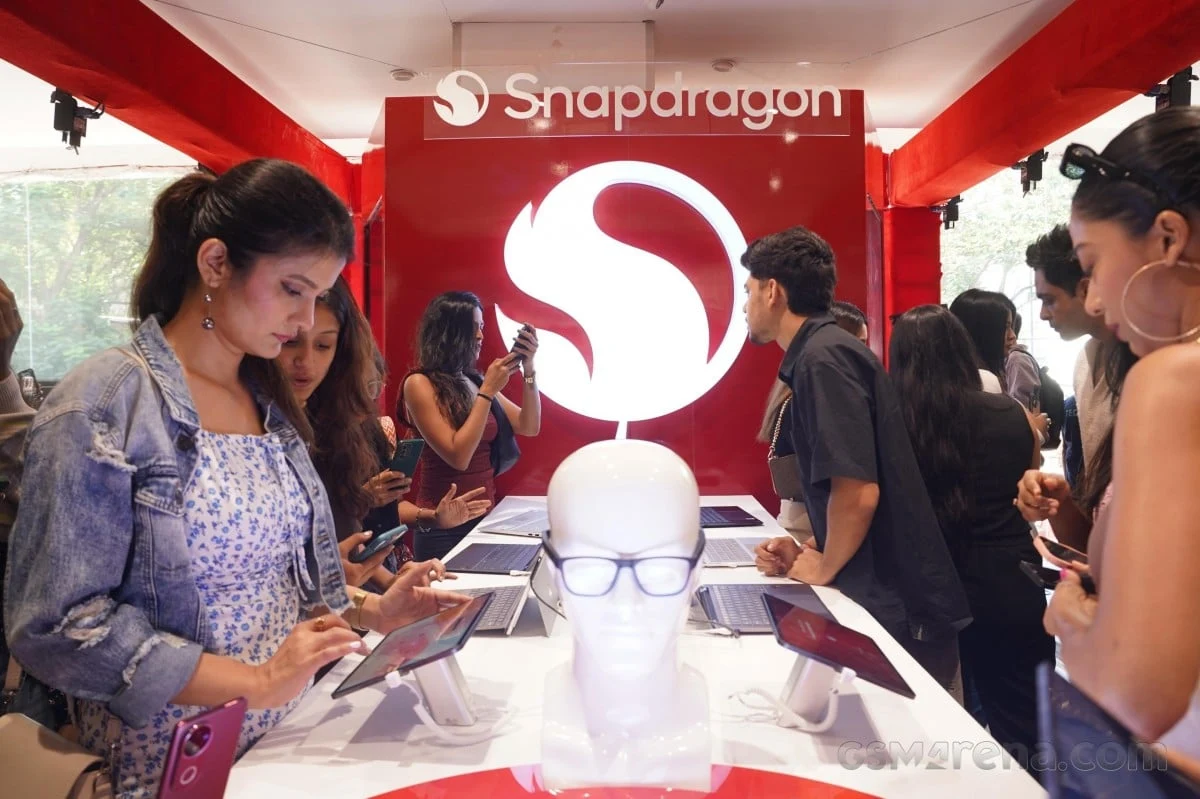Key Takeaways
1. Tecno is launching the Camon 40 Series smartphone, featuring zero-delay snap photography and AI-enhanced imaging for improved mobile photography.
2. The Megabook S14 is introduced as the world’s lightest 14-inch OLED laptop, equipped with AI tools to enhance productivity for on-the-go professionals.
3. The Tecno AI Glasses Series includes smart glasses that integrate advanced AI capabilities with a modern design for seamless connectivity and interactions.
4. Tecno aims to expand its AIoT ecosystem, creating a unified experience across its innovative devices.
5. These new products will be showcased at MWC Barcelona 2025, highlighting Tecno’s commitment to AI-driven mobile and computing technology.
Tecno is making a significant move in artificial intelligence at MWC Barcelona 2025, presenting a range of innovative devices aimed at incorporating AI throughout its product lineup.
Exciting New Devices
At the forefront of this event is the Camon 40 Series, a top-tier smartphone that promises exceptional mobile photography capabilities. Alongside it, the Megabook S14 is being introduced as the lightest 14-inch OLED laptop globally, along with a fascinating new entry into wearable technology, the Tecno AI Glasses Series.
Features and Innovations
According to the company, the upcoming Camon 40 series is designed with zero-delay snap photography and AI-enhanced imaging. This allows for fast and accurate captures through its one-tap capture button. It is powered by Tecno AI and the latest MediaTek Ultimate processors, providing advanced multi-skin tone imaging to create more natural and vibrant photos.
The device also includes AI enhancements for image generation, smart search, and intelligent calling, making it a versatile companion driven by AI. Tecno plans to reveal additional information during the official launch event.
Expanding AIoT Ecosystem
In its effort to grow the AIoT ecosystem, Tecno will also launch the Megabook S14, which is advertised as the lightest 14-inch OLED laptop in the world. It features AI-powered tools that aim to boost productivity and creativity for professionals who are always on the move.
Additionally, the Tecno AI Glasses Series, which comprises the Tecno AI Glasses Pro and standard Tecno AI Glasses, blends advanced AI capabilities with a stylish, modern aesthetic. These smart glasses provide seamless connectivity and intelligent interactions, creating a unified AI-driven product ecosystem that enhances digital experiences.
Tecno will present these groundbreaking developments at MWC 2025, Booth 6B11, Hall 6, Fira Gran Via, where visitors can get a glimpse of the future of AI-enhanced mobile and computing technology.
For the latest updates, please check our News Section.
Stay informed in technology! Connect with our Telegram community and subscribe to our daily newsletter for the top stories!
Source:

